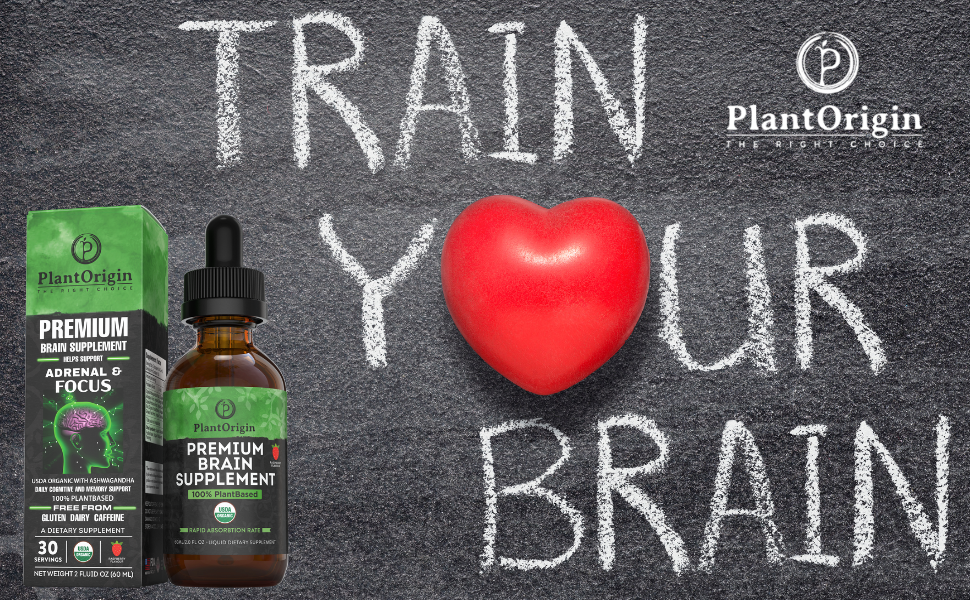
THE POWER OF MINDSET: HOW A SHIFT IN MENTAL ENERGY UNLOCKS SUCCESS AND A BETTER LIFE
Introduction
In the pursuit of success and happiness, we often find ourselves looking outward for solutions. We believe that changing external circumstances, such as career paths, relationships, or material possessions, will lead to a better life. However, what if the key to unlocking success and a better life lies within us? This article explores the fascinating concept of mental energy and how a simple shift in mindset can have a profound impact on our journey towards fulfillment and achievement.
Understanding Mental Energy
According to research, mental energy is the force that drives our thoughts, emotions, and actions. It is the essence of our cognitive power and emotional resilience. Much like physical energy, mental energy can fluctuate throughout the day, affecting our productivity, decision-making abilities, and overall well-being.
In today’s fast-paced world, it is easy to fall into patterns of negativity, stress, and self-doubt. These drains on mental energy can hinder progress and prevent us from reaching our true potential. However, just as a positive mindset can enhance our abilities, a negative mindset can limit them.
The Science Behind Mental Energy
Recent studies in neuroscience have shed light on the power of mental energy and its impact on brain function. The brain is a highly adaptable organ, capable of forming new neural pathways and rewiring itself based on experiences and thoughts. This phenomenon is known as neuroplasticity.
Positive thoughts and emotions stimulate the release of neurotransmitters like dopamine and serotonin, which promote cognitive flexibility and creativity. On the other hand, negative thoughts trigger the release of stress hormones like cortisol, leading to decreased focus and impaired decision-making.
In essence, our thoughts have a direct impact on our brain’s wiring, influencing how we perceive the world and respond to challenges. By learning to harness and redirect mental energy, we can unlock our true potential and lead more fulfilling lives.
The Power of Positive Thinking
The concept of positive thinking may seem clichéd, but its importance cannot be underestimated. Positive thinking goes beyond wishful dreaming; it involves cultivating a mindset that focuses on solutions, gratitude, and resilience.
When faced with obstacles, individuals with a positive mindset tend to view them as opportunities for growth rather than insurmountable barriers. This attitude fosters a proactive approach to problem-solving and encourages perseverance in the face of challenges.
Furthermore, positive thinking enhances our emotional well-being. Gratitude, a key component of positive thinking, has been linked to increased happiness and reduced stress levels. Expressing gratitude not only uplifts our own spirits but also fosters better interpersonal relationships.
The Role of Visualization and Affirmations
Visualization and affirmations are powerful tools that tap into the potential of mental energy. Athletes have long used visualization to enhance performance. By vividly imagining themselves succeeding in their endeavors, they create a mental blueprint that increases the likelihood of success.
Similarly, affirmations are positive statements that we repeat to ourselves regularly. By affirming our abilities and potential, we can reprogram our subconscious mind to believe in our capacity for success. Over time, these affirmations become ingrained in our belief system, influencing our actions and decisions.
Practicing Mindfulness for Mental Clarity
Mindfulness is the practice of being fully present in the moment, observing our thoughts and emotions without judgment. It is a powerful technique to manage mental energy and reduce stress. By training ourselves to stay grounded in the present, we can break free from the cycle of ruminating about the past or worrying about the future.
Mindfulness enhances self-awareness, allowing us to identify negative thought patterns and replace them with more constructive ones. This heightened awareness also fosters emotional intelligence, enabling us to navigate relationships with greater empathy and understanding.
The Impact of Mental Energy on Goal Setting
Goal setting is a fundamental aspect of achieving success and leading a fulfilling life. However, the way we approach goal setting can significantly impact our results. Instead of solely focusing on external achievements, we should align our goals with our core values and passions.
A shift in mental energy can help us set realistic and meaningful goals. When we approach goal setting with a growth mindset, we acknowledge that failures and setbacks are opportunities for learning and improvement. This mindset fosters perseverance, even in the face of adversity, ultimately increasing the likelihood of success.
Conclusion
In conclusion, the power of mental energy cannot be understated in our journey towards success and a better life. By harnessing the potential of our thoughts and emotions, we can rewire our brain, unlock our true potential, and lead a more fulfilling and meaningful life.
A shift in mindset, characterized by positive thinking, visualization, affirmations, and mindfulness, empowers us to overcome obstacles, cultivate resilience, and maintain focus on our goals. It is a lifelong practice that requires dedication and patience, but the rewards are immeasurable.
Remember, success is not solely defined by external achievements but also by our inner growth and the impact we have on others. Embrace the power of mental energy, and you will discover a world of possibilities and a better version of yourself.
THE RIGHT CHOICE

